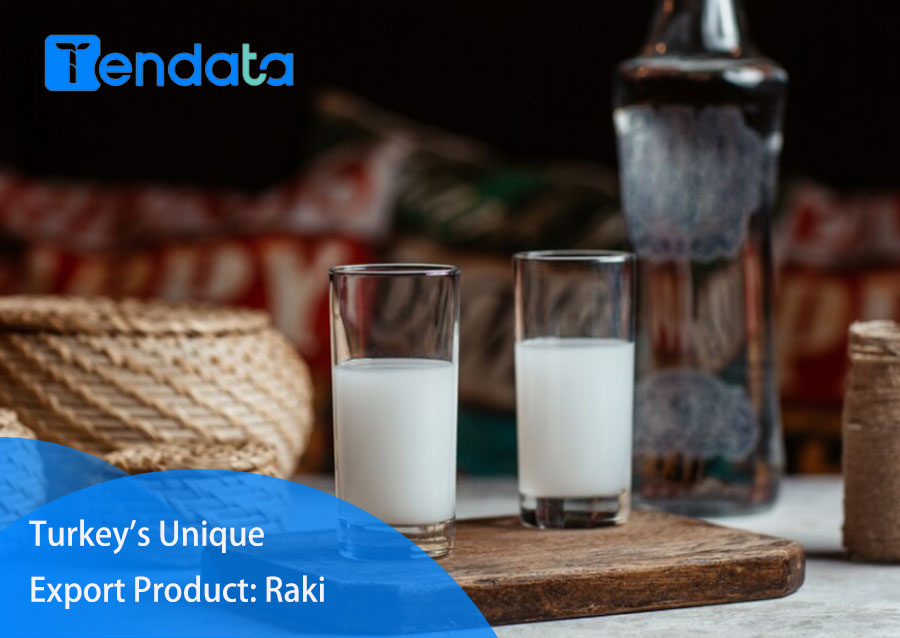 Export News
Export News
 19-01-2024
19-01-2024
Turkey, a land with a rich historical tapestry, often referred to as Anatolia
or Asia Minor, encompasses many vital locations mentioned in the annals of
ancient civilizations such as Greece and the Roman Empire. Situated at the
crossroads of Europe and Asia, this expansive nation, once part of Mesopotamia
in its southeastern reaches, has undergone significant cultural influences,
notably shaped by the Ottoman Empire's legacy.
Following the collapse of the Ottoman Empire, Turkey emerged as an independent state after confronting Western powers. These geopolitical dynamics profoundly impacted daily life, resulting in a cultural amalgamation influenced by interactions between the Middle East and Central Asia, the origins of the Ottoman Empire. Stretching from Iran and Iraq in the east to the Aegean Sea and Greece in the west, and from the Black Sea and the Balkan Peninsula in the north to the Mediterranean Sea and Africa in the south, Turkey stands as a nation offering a vast spectrum of services and resources.

Raki: A Cultural Elixir
While a predominant 95% of Turkey's population adheres to Islamic traditions, the "national drink" of the country is Raki. Despite strict Islamic prohibitions on alcohol consumption, Raki holds a unique cultural significance. Similar to products found in other European nations—Pastis and Absinthe from France, Ouzo from Greece—Raki is an anise-flavored beverage, mixed in a 50:50 ratio with water to transform the clear liquid into a milky opalescence.
Known colloquially as "lion's milk" due to its transformational color, the production of Raki for personal consumption is legal in Turkey. Grape and raisins form the base before the addition of anise flavoring.
1. The Cultural Resilience of Raki:
Despite the predominance of a Muslim population, Raki's cultural resilience reflects a nuanced approach to tradition and modernity. The coexistence of a deeply rooted Islamic heritage with the appreciation for Raki highlights the complexity of cultural dynamics in Turkey. The drink is not merely a beverage but a symbol of cultural identity and shared moments of conviviality.
2. The Art of Raki Production:
The production of Raki involves a meticulous process, combining traditional methods with modern techniques. From the cultivation of grapes and raisins to the distillation and flavoring with anise, each step contributes to the unique character of Raki.
3. Raki's Culinary Companion:
In Turkish culinary traditions, Raki is inseparable from the enjoyment of fish dishes. The strong, distinct flavor profile of Raki complements the seafood gastronomy, creating a sensory experience deeply embedded in Turkish dining culture.
4. International Recognition and Turkey Export:
While deeply entrenched in Turkish culture, Raki has also gained international recognition, contributing to Turkey's export economy. The unique appeal of Raki to international consumers showcases the product's potential to transcend cultural boundaries. Analyzing the international market for Raki provides valuable insights into its global reach and consumer preferences.
Conclusion:
The cultural elixir that is Raki encapsulates Turkey's ability to blend tradition with modernity, creating a unique identity that resonates both domestically and internationally. Beyond being a beverage, Raki embodies the spirit of conviviality, shared moments, and a nuanced approach to cultural practices. As Turkey navigates the complexities of the global trade landscape, Raki stands as a symbol of cultural resilience and a distinctive export product with the potential to captivate the world.
The Import Export Database is of great assistance in customer acquisition: its software typically allows for precise targeting of specific regions, selection of industry keywords, and bulk acquisition of customer contact information. Because nowadays, not all precise global buyers attend exhibitions, use B2B platforms, or even have their own websites, making it difficult for search engines to find them. To find them and establish contact for securing orders, we need to use methods that can accurately develop customers. Therefore, when purchasing Import Export Database software, it's crucial to understand how this particular Import Export Database develops overseas clients and to choose an Import Export Database that can accurately pinpoint product requirements and acquire customer contact information in bulk.

The Tendata iTrader Import Export Database yields good results. Tendata iTrader is an online marketing tool that enables the search for premium import and export companies in 200 countries worldwide, with precise and reliable data. Its functionalities include: precise global import and export company searches, locating decision-makers' contact information, in-depth data exploration, checking customs trade alerts, and conducting mass email campaigns.
>>Click for Free Trial Consultation<<
Category
Leave Message for Demo Request or Questions


 T-info
T-info T-discovery
T-discovery

 My
Tendata
My
Tendata Market Analysis
Market Analysis Customer
Development
Customer
Development Competitor
Monitoring
Competitor
Monitoring Customer Relationship
Customer Relationship





































































































































